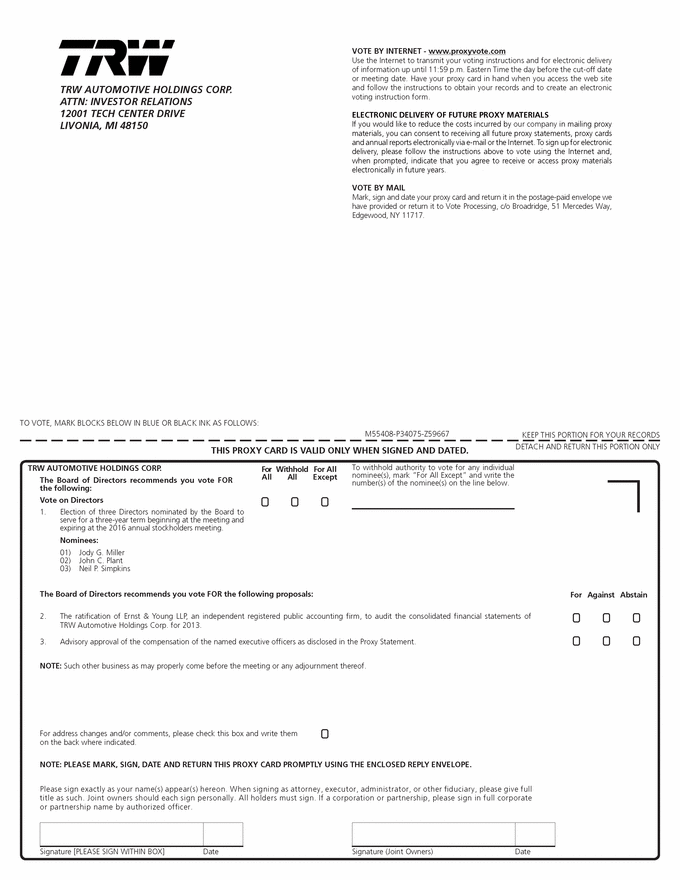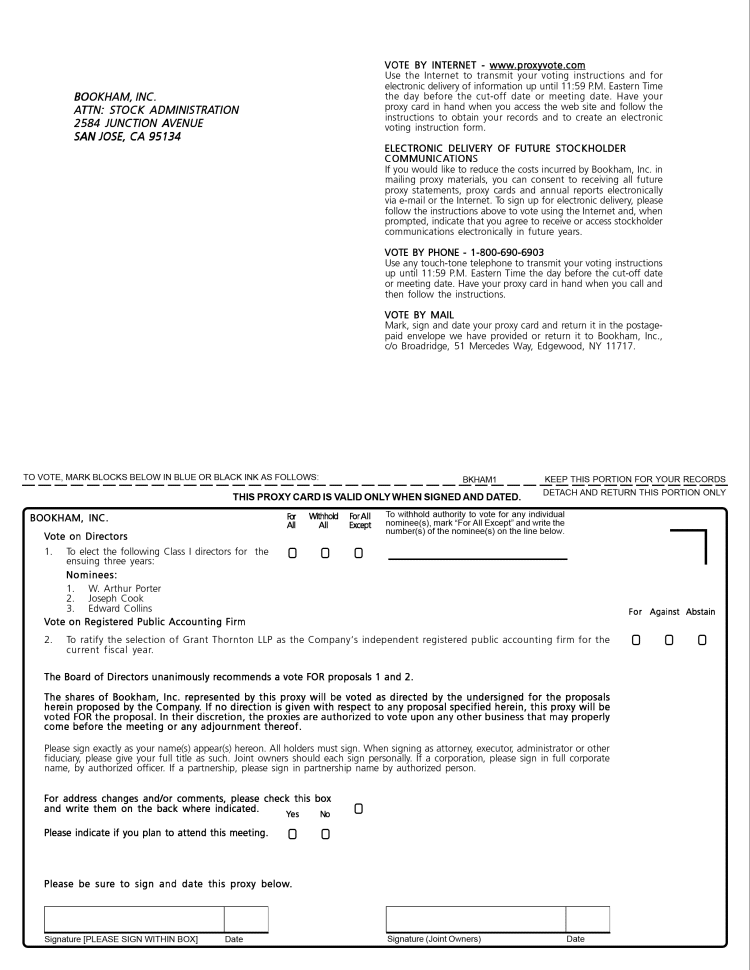What is a Proxy and Why Does Your Vote Matter
Post on: 2 Июль, 2015 No Comment

Proxy season is in full swing. You’ve likely been receiving ballots in the mail. If you’re at all interested in influencing corporate governance, then learn the ins and outs of proxy voting before your company’s meeting.
For small-time owners of common stock in companies, it can be easy to discount the importance of participating in corporate governance. Why should management at Exxon Mobil Corp. care about the votes from a shareholder with a measly 100 shares, for instance? But adding your voice to those of other shareholders, big and small, can get attention and influence the decisions of the board of directors, the management and the social and environmental direction of the company.
What is a proxy? Why do you vote it?
Before the annual shareholder meeting, packets of information containing the proxy statement are sent to all shareholders. The proxy statement contains information about the topics to be covered at the annual meeting, including nominations for the board of directors and the pay packages of the top five executives. There are also proposals from management as well as shareholder proposals.
Also included in the mailing is background information on the issues.
The shareholder then fills out the proxy ballot, also known as a voting instruction form, and sends it back.
Alternatively, shareholders can vote by phone or over the Internet.
The various issues up for a vote every year receive different treatment from management. For instance, while the votes for directors on the board are binding, the say on pay vote and those on shareholder resolutions are considered advisory.
For the advisory votes, there’s nothing legally binding where the company has to make a change. But even if there are just 20 percent of shareholders who voted in favor of a certain initiative, that’s a lot. When a portion of your shareholders get together in support of an issue, that warrants discussion at least, says Jessica Clarke, a client relationship consultant for individual advisory services at TIAA-CREF.
More On Investing:
investing
Shareholder initiatives
Anyone who owns $2,000 worth of a company’s stock for one year can submit shareholder resolutions to be voted on at the shareholder meeting. Shareholder initiatives span many different environmental, social or governance issues.
It really is the primary means by which shareholders can influence a company’s operations and ESG responsibilities and practices, says Alya Kayal, deputy director of policy and programs at US SIF: The Forum for Sustainable and Responsible Investment.

ESG stands for environmental, social and governance.
For instance, in 2011, the shareholder advocacy group As You Sow introduced a shareholder proposal that McDonald’s Corp. consider strong environmental policies for its beverage containers, according to the group’s website. After a very strong vote with 29.3 percent of shareholders voting for the proposal, McDonald’s launched a test program in some stores, substituting paper for foam cups. In 2013, McDonald’s announced it would replace all polystyrene beverage cups with paper cups at 14,000 U.S. restaurants, As You Sow reported.
Are shareholder resolutions worthwhile?
Shareholder resolutions don’t typically garner majority votes. The biggest stakeholders in publicly traded companies are generally institutions such as pension funds or mutual funds, and they typically vote with company management. But just getting some votes, 3 percent the first year, is enough to refile the resolution the following year. In the second year, shareholder proposals must get 6 percent to be refiled the next year and in the following year must get 10 percent.
There’s the myth that if people don’t vote with management, they should just sell the stock. It’s like saying, if you drive through town and think there needs to be a stop sign at an intersection, you should move to another community, says James McRitchie, a shareholder rights advocate and publisher of CorpGov.net, a corporate governance portal and blog.
There are a lot of companies that do great things, but they need improvement here and there, he says.
Unfortunately, not even half of outstanding shares held by retail investors are actually voted, according to Broadridge Financial Solutions, a provider of investor communications and proxy processing services.
For the fiscal year 2013, which ended June 30, 30 percent of shares held by retail investors were voted, but just 13 percent of retail shareholders cast a vote, according to research by Broadridge.














